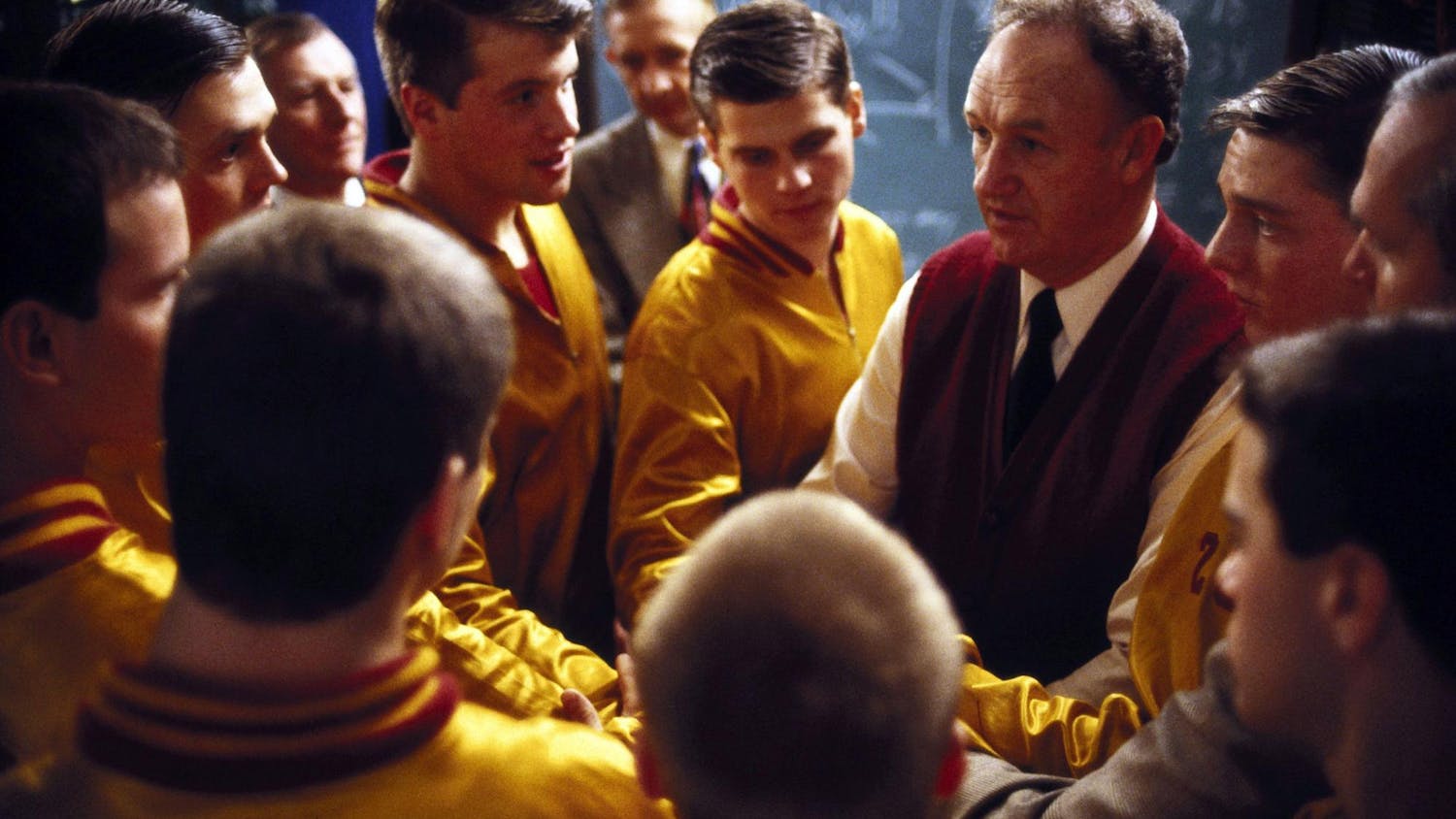He's been nominated for a Pulitzer Prize and three Grammy awards.\nHe's a member of the Jazz Education Hall of Fame, and Down Beat magazine recognized him for lifetime achievement. \nAnd now the Indiana Historical Society has bestowed its highest honor, the title of "living legend," upon David Baker, paying homage to one of the finest jazz musicians and instructors to roam the hills of central Indiana. \nYet it doesn't seem to faze Baker, who describes himself as a "teacher first."\nIn fact, every time he climbs the three stairs to the tiny stage in the back room of local pub Bear's Place to perform in their Jazz Fables series, he's not thinking of himself. He's smiling at his wife, flautist and Jazz Fables regular Lida Baker, as she lends a solo line to a Miles Davis standard. He's tapping his foot appreciatively in syncopation with the beat as only trained musicians can. Cello and bow in hand, he's smiling modestly, tweaking with sound equipment and tuning strings.\nIt was no different Thursday evening, when he appeared with an assembly of local musicians to pay tribute to late trombone legend and former teacher and mentor J.J. Johnson. Performing an assortment of classic jazz tunes co-arranged by Johnson and Miles Davis to a standing room-only crowd, Baker joined old friends and mentors "Pookie" Johnson and Jimmie Coe on that old familiar stage. \n"I grew up in Indy around those guys," Baker said. "It's always a joy to play with them; it's always gratifying."\nAn Indianapolis native, Baker began performing in the big bands of Maynard Ferguson, Lionel Hampton, Quincy Jones and Stan Kenton and in the George Russell Seminal Sextet in the 1940s and '50s. He began composing and arranging around that time, studying with such masters as Russell, John Lewis, Gunther Schuller and William Russo and establishing a technique fellow faculty members now describe as "brilliant" and "captivatingly precise."\nHe returned to IU to earn a degree in music education in 1953 and a master's in 1954. Following more than ten years of travel throughout the Midwest filling various teaching positions, he migrated back to Bloomington in the mid-sixties, a more seasoned musician and composer. \nBaker began teaching at the IU School of Music in 1966, at a time when the Indianapolis jazz scene was jumping and frequent jam sessions on the IU fraternity scene were commonplace. But the School itself offered no degree program in jazz studies, though jazz ensembles of which Baker himself was a part repeatedly received high honors in statewide competitions. \nThroughout the 1960s, more and more jazz ensembles began emerging on the Bloomington music beat, and in 1967, Baker was named chair of the fledgling jazz program, with instructions to design a degree-granting program in the study of jazz performance.\nThus the IU Jazz Studies program was born in 1968. At that conjecture, it was one of few jazz preparatory curricula in the country. In the 33 years since, Baker has had the chance to nurture his program, to watch it evolve. Attracting talented students internationally, the Jazz Studies department has established a level of excellence unparalleled in many comparable institutions.\nIt works, Baker claims, because of a clear focus and commitment to keeping with the changing responsibilities of musicians.\n"We're looking toward technology and the marketplace to see what kind of music people will listen to," Baker said. "It's about keeping your ear to the ground."\nThe University and surrounding community offer considerable support vital to the program's success as well, he added. \nBaker has also worked considerably to blur the lines traditionally drawn between classical and jazz performance study. In fact, he was one of the first local musicians to introduce stringed instrument in an acoustically driven jazz and swing playing environment.\nBaker picked up the cello in 1961 after a car accident rendered him unable to continue studying trombone, what he terms his "first love." Though he initially tried his hand at piano following the accident, it didn't take long to realize that wasn't the instrument for him.\nThe cello, he said, stands apart from traditional jazz instruments. Its rich folk history allows tremendous versatility. In addition, it allows him greater teaching opportunities, indeed his greatest passion. \n"Of all the things I do, teaching is the centerpiece of my existence," Baker said. "I enjoy working with people -- especially young people -- and this is so rewarding."\nIn fact, it's largely because of such contributions to the School of Music and the University as a whole that the Historical Society chose to honor Baker this year in its third annual presentation of the award. \nAccording to Eadie Barrie, development officer for the Society, the selection process is "very unique." A committee composed of staff and community leaders decide both a thematic basis for selection and an estimated number of candidates desired. \nThe award's 1998 inception coincided with the grand opening of the Society's headquarters in Indianapolis. That year, candidates were chosen by public ballot, according to media liaison Ellen Gullett. Thirteen Legends were honored that year. Last year, only one Legend was honored -- IU graduate and violin virtuoso Joshua Bell. \nThis year, the committee opted to name between five and seven candidates that have exhibited a dedication to either education or philanthropy or both. To ensure a fair representation statewide, the committee took into consideration geographic location as well, Barrie said. \nBaker's strong commitment to teaching exemplified the sort of criteria the committee was looking for, Gullett said. At the Living Legends Gala July 27, he will stand among such fellow "legends" as cartoonist Jim Davis to accept the honor.\n"It's always an honor to receive these kinds of things," Baker said. "I kind of said jokingly when I heard that I'd much rather be a living legend than another kind. I'm in very distinguished company and feel wonderfully blessed to be included among them."\nThe Indiana Historical Society will honor David Baker at the third annual Living Legends Gala on July 27. Tickets are $250 each and can be ordered by calling (317)-234-1313.
A living legend
Professor David Baker honored for a life dedicated to teaching music
Get stories like this in your inbox
Subscribe





